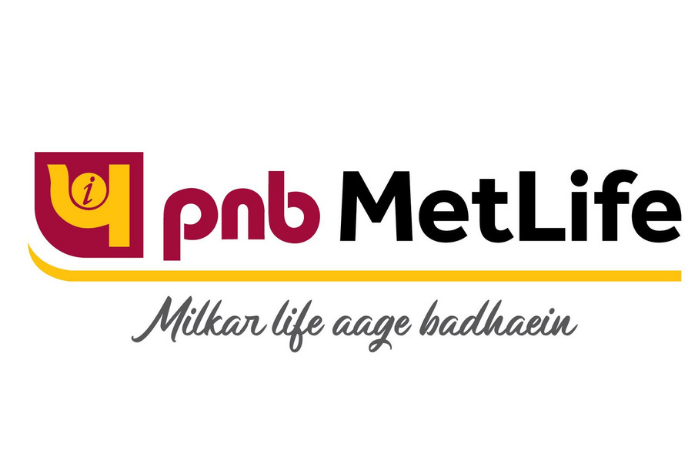
Table of Contents
- What is an Employee Stock Ownership Plan (ESOP)?
- How Do ESOPs Work?
- Types of ESOPs
- Benefits of ESOPs
- Taxation of ESOPs
- Case Study: Flipkart’s ESOP Success Story
- Case Study: Zerodha’s Unique ESOP Strategy
- ESOPs vs. Traditional Equity Compensation
- Global Trends in ESOPs
- How to Make the Most of ESOPs as an Employee
- Conclusion
Employee Stock Ownership Plans (ESOPs): A Comprehensive Guide
Employee Stock Ownership Plans (ESOPs) have gained popularity as an effective way to align employees’ interests with a company’s growth. According to a recent report, the global ESOP Market is expected to grow at a CAGR of over 9% by 2030, highlighting the increasing adoption of employee ownership programs across industries. As businesses seek ways to retain talent, ESOPs provide employees with ownership stakes, creating a motivated workforce. In this article, we explore ESOPs in detail, covering their benefits, types, taxation, global trends, and key considerations for both employees and employers.
What is an Employee Stock Ownership Plan (ESOP)?
An Employee Stock Ownership Plan (ESOP) is a program that provides employees with company shares, giving them ownership in the business. ESOPs are often used as an employee benefit scheme, improving retention and productivity.
Key Features of ESOPs:
- Employees receive shares at no upfront cost.
- Ownership increases over time, based on tenure and performance.
- ESOPs act as a succession planning tool for business owners.
- Employees can sell their shares back to the company upon exit.
How Do ESOPs Work?
- Plan Formation: The company sets up an ESOP trust to hold shares for employees.
- Stock Allocation: Shares are allocated based on tenure, salary, or performance.
- Vesting Period: Employees must meet specific criteria (e.g., working for a set number of years) to own shares fully.
- Redemption & Payout: Employees can sell their shares upon leaving the company, usually at Fair Market Value.
Talk to our investment specialist
Types of ESOPs
1. Non-leveraged ESOPs
- Funded by company contributions (cash or stock).
- No loans involved; stock is directly allocated to employees.
2. Leveraged ESOPs
- Company borrows money to purchase shares, which are later distributed to employees as the loan is repaid.
3. Stock Option Plans (ESOPs in India)
- Employees receive the option to buy shares at a predetermined price after a vesting period.
- Popular in tech startups and growing businesses.
4. Phantom ESOPs
- Employees don’t get real shares but receive cash benefits linked to stock value.
- Useful for private companies without direct stock issuance.
Benefits of ESOPs
For Employees:
- Wealth Creation: Employees gain financial benefits as company value grows.
- Job Security and Motivation: Increased engagement due to ownership mindset.
- retirement Benefit: A steady wealth-building mechanism.
For Employers:
- Talent Retention: Reduces employee turnover and boosts loyalty.
- Tax Advantages: Contributions to ESOPs are tax-Deductible.
- Succession Planning: Founders can exit while keeping business control within the company.
Taxation of ESOPs
Tax treatment of ESOPs varies by country. Below is an overview for India, the U.S., the UK, and Canada.
ESOP Taxation in India:
At the time of exercise: Employees are taxed on the difference between the Fair Market Value (FMV) and exercise price as a perquisite under “Income from Salary.”
- At the time of sale: Any gains are subject to Capital gains tax, based on the holding period.
- Short-term (held <1 year for listed shares): 15% tax.
- Long-term (held >1 year for listed shares): 10% tax if gains exceed INR 1 lakh.
- ESOP Taxation in the U.S.:
- Contributions are tax-deferred.
- Capital Gains tax applies when shares are sold.
- 401(k) plans with ESOPs offer additional tax benefits.
Case Study: Flipkart’s ESOP Success Story
Flipkart, one of India’s largest e-commerce giants, has leveraged ESOPs to reward employees and attract top talent. In recent years, Flipkart’s ESOP buybacks have created millionaires among employees, showcasing the financial potential of such plans. The company has regularly conducted ESOP buybacks worth millions of dollars, reinforcing ESOPs as a valuable wealth-building tool for employees in high-growth startups.
Case Study: Zerodha’s Unique ESOP Strategy
Zerodha, India's largest stock brokerage firm, has taken a unique approach to ESOPs. Unlike many startups that focus on rapid buybacks, Zerodha has structured its ESOP program to align with long-term wealth creation for employees. The company ensures that employees not only benefit from stock appreciation but also remain engaged with business growth. This approach has helped Zerodha maintain a strong, committed workforce while keeping equity dilution in check.
ESOPs vs. Traditional Equity Compensation
| Feature | ESOPs | Stock Options (ESOPs in India) | Profit Sharing Plans |
|---|---|---|---|
| Ownership | Yes | No | No |
| Employee Cost | No upfront cost | Requires purchase | No |
| Tax Benefits | Yes | Limited | Yes |
| Retention Tool | Strong | Moderate | Weak |
Global Trends in ESOPs
- Tech Companies and Startups: Startups like Flipkart and Swiggy use ESOPs to attract talent.
- Government Incentives: Many countries, including the U.S. and UK, offer tax benefits for ESOPs.
- Growth in Private Companies: ESOPs are no longer limited to listed companies; SMEs are adopting them.
- Digital Platforms for ESOP Management: Tools like MyStartupEquity simplify ESOP tracking and valuation.
How to Make the Most of ESOPs as an Employee
- Understand Vesting Schedules: Ensure you meet the required period before selling shares.
- Track Market Value: Stay updated on the company’s stock performance.
- Plan for Taxes: Set aside funds for potential tax liabilities.
- Diversify Investments: Don't rely solely on ESOPs for wealth creation.
Conclusion
ESOPs serve as a powerful tool for both employees and employers, promoting wealth creation and business growth. Whether you're an employee looking to build long-term wealth or a company aiming for talent retention, understanding ESOPs is crucial. By leveraging ESOPs wisely, businesses can enhance employee satisfaction while driving sustainable expansion.
All efforts have been made to ensure the information provided here is accurate. However, no guarantees are made regarding correctness of data. Please verify with scheme information document before making any investment.












